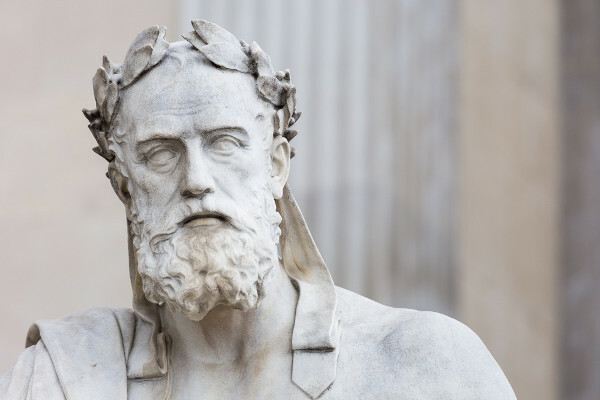In 1762, Jean-Jacques Rousseau published Emilio or of education. This treatise, completely new for its time, found great success, revolutionizing pedagogy and serving as a starting point for the theories of all the great educators of the 19th and 20th centuries. It is a pedagogical novel that tells the education of a noble and wealthy orphan, Emilio, from his birth to his marriage.
True to his principle, according to which man is born naturally good, Rousseau believes that it is necessary to start with the child's natural instincts to develop them. THE negative education (the one proposed by the philosopher), in which the role of the preceptor (teacher) is, above all, to preserve the child, it should replace the positive education which forms intelligence prematurely and thoughtlessly. The complete cycle of this new education comprises four periods:
1. The first period ranges from 0 to 5 (zero to five) years, corresponding to a purely physical life, able to fortify the body without forcing it; spontaneous and oriented period thanks, notably, to breastfeeding;
2. The second period ranges from 5 to 12 (five to twelve) years and is the one in which the child develops his body and character in contact with natural realities, without the active intervention of his tutor;
Do not stop now... There's more after the advertising ;)
3. The preceptor intervenes more directly in the third period, which goes from 12 to 15 (twelve to fifteen) years, a period in which the young person starts, essentially through experience, to geography and physics, while learning a manual profession or craft;
4. From 15 to 20 (fifteen to twenty) is the fourth period in which man blossoms into moral, religious and social life.
This is, therefore, the basic model of education proposed by Rousseau to replace the traditional education that, in the name of civilization and progress, obliges men to develop in children the formation of only the intellect at the expense of physical education, moral character and the nature of each individual.
By João Francisco P. Cabral
Brazil School Collaborator
Graduated in Philosophy from the Federal University of Uberlândia - UFU
Master's student in Philosophy at the State University of Campinas - UNICAMP
Philosophy - Brazil School
Would you like to reference this text in a school or academic work? Look:
CABRAL, João Francisco Pereira. "Education in Rousseau's "Emile"; Brazil School. Available in: https://brasilescola.uol.com.br/filosofia/a-educacao-no-emilio-rousseau.htm. Accessed on June 29, 2021.

